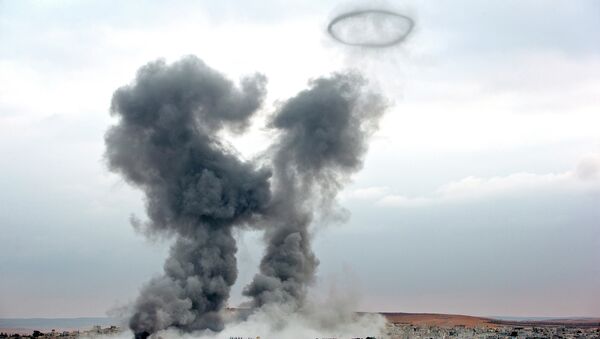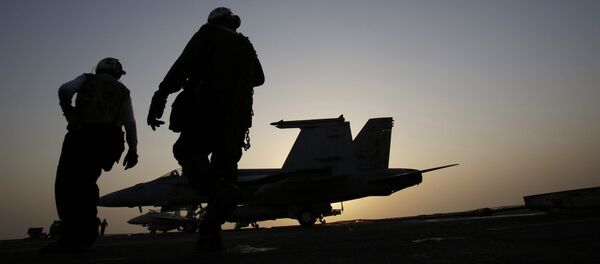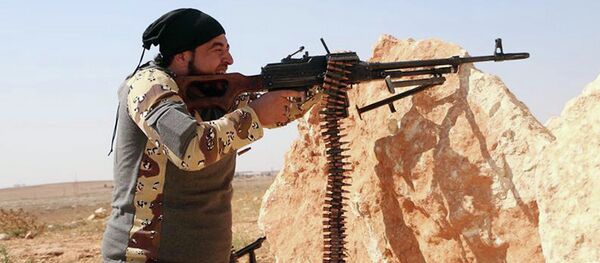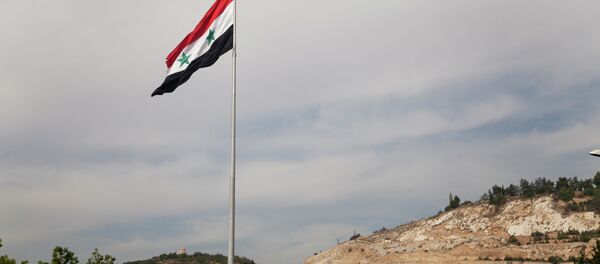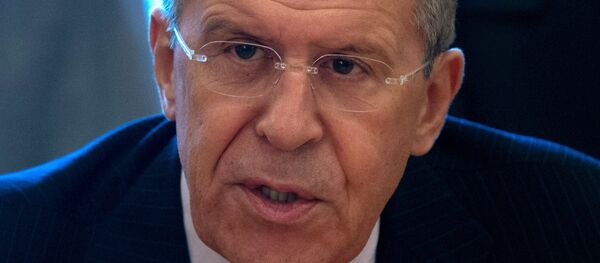"Any opportunity that you can sit down and talk, and negotiate with your friends or opponents, the better off we are," Eaton said Friday when asked whether the Obama administration should take up the recent Russian offer to relaunch talks to settle the conflict in Syria.
"Any opportunity you can to sit down with Russian negotiators should be taken [because] the outcome can always be a negotiated result," Eaton stressed, saying "it is better to jaw-jaw, than to war-war", referring to a quote by former British prime minister Winston Churchill.
The US State Department responded on Thursday, saying that Washington was looking for more details from Moscow on the proposed meeting, including what the objective is for the talks.
Earlier in the week, Russian Foreign Minister Sergei Lavrov said that Washington should coordinate the fight against Islamic State (IS) militants in Syria through direct contacts with the Bashar Assad government, but Washington "stubbornly insists" that it cannot recognize the legitimacy of the regime.
The last attempt at international peace talks on Syria ended in a failed round of talks in Geneva in early 2014.
US No-Fly Zone in Syria Would Constitute Direct Attack
"If we [the United States] were to impose a no-fly zone, that would be a direct attack on Assad," Eaton, who served over thirty years in the US Army and took charge of building the Iraqi Security Forces following the 2003 US-led invasion, stated on Friday.
According to Eaton, if the United States were to actively engage Syrian aircraft, "the Russians will make their air defense system better and support them [Syrians] with greater armaments, and the Iranians will support the Assad government to a greater degree".
Turkish President Recep Tayyip Erdogan has been pressing the administration of US President Barack Obama to implement a no-fly zone over Syria, to neutralize Assad's air assets and create a buffer-zone between Turkey and Syria.
The White House has not agreed to Turkish requests, but stated in early December that it was considering an "air-exclusion" zone along the Turkish-Syrian border.
The creation of a no-fly zone has been put forward by Turkey as a pre-condition for its active participation in US-led efforts to defeat Islamic State (IS) militants, who have been fighting against the Syrian government since 2012.
The United States is leading an international coalition, which has been launching airstrikes in Syria since September in an effort to eliminate IS extremists.
